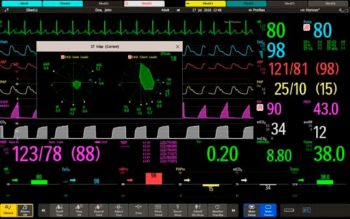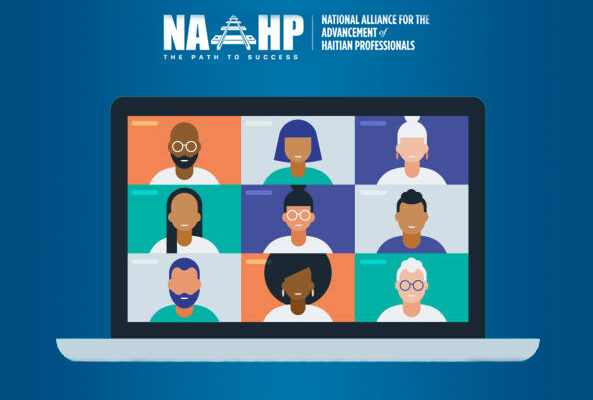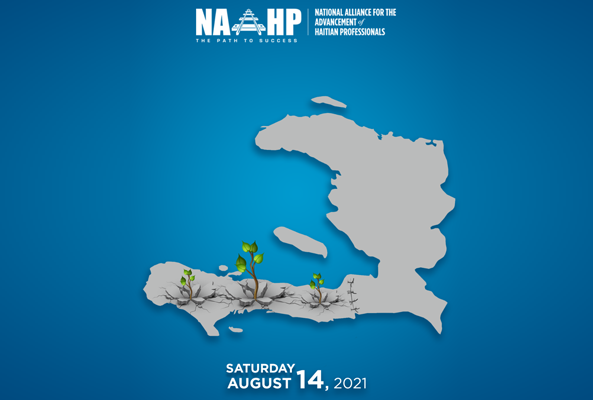Technology and Your Money
Advances in technology have made it possible for people living anywhere, even in a country as challenged as Haiti, to be able to do more than connect on social media. It has, and can continue to be, a powerful source for personal growth wherever you live.
Based on the feedback from last month’s article on whether coding is right for everyone who’s pursuing that profession, I am back with a few more tidbits. One thing which has always fascinated me is how much you can leverage even a modest knowledge of technology to make a vast impact on your earnings.
Conversations on this to topic end to focus on the use of social media by millennials, or exposing young people, particularly girls, to coding. Rarely does that conversation mention older adults in the workforce who might be able to do better for themselves by adding technology to the mix of their skills. If you’re in your mid-30s or 40s, is there no hope for you to take advantage of these opportunities? Of course, not! A recent experience perfectly illustrated this paradigm.
I recently visited a relative in the hospital. My questions to one of the nurses about the information on the monitors led to a conversation about technology. The nurse was caring, bright, articulate, and made us feel thoroughly confident about the care that the ICU staff provides.

Credit: www.medicalexpo.com
She described how onerous one of their computer systems can be, despite a recent upgrade. For example, you can’t zoom in and out of the screen. Information that she enters is one place is not automatically populated in the 4 other places she needs them, and on and on. She recounted spending an average of 38 minutes during every hour of training on that computer, rather than with a patient. Here are some examples of how existing skill sets can transfer.
Business Analysis
I encouraged her to reach out to the company that makes the software and give them her feedback. The frustrations she communicated have a direct impact on her productivity, not to mention patient care.
This is the sort of information that business analysts can gather from users like her, in order to inform future development efforts. Should she ever be interested in switching careers, understanding the language of technology can help make a difference for the millions of patients whose data is contained in those systems.
Business Development
If she were to prefer the people aspect of things more, the combination of nursing and technical skills could land her a job in business development (software sales). Having been on the other side as a user of that technology, would give her better insight into how to close her prospects successfully.
Tools Engineer
By tools, I mean any number of products that are used to facilitate the process of creating software, building it, testing it, and packaging it for use on a desktop and/or a mobile device. These tend to be support roles, but they offer a lot of opportunities to learn how to make different systems play nice with each other. The formal term is “system integration,” encompassing everything from:
- Whether and when a new tool is needed
- Why is it better as a replacement, not simply different
- Whether that version is compatible with existing tools
- Where to place it along the spectrum of other tools
- How to decommission it when it is no longer useful

With SonarSource Co-Founder and Leadership Team
In some cases, organizations will need someone who knows these tools in enough depth to architect the whole set of interrelated systems. Case in point, SonarQube is a tool that helps development teams quantify how robust their code is, judging by a number of different factors.
Imagine that you’re making a dish, and you triple the amount of salt that the recipe calls for, you will end up with something that no one will eat. In software development, that kind of duplication is one of the “code smells” that you want to avoid.
Other tools have the ability to aggregate information at different levels of the organization. In turn, this information is used to power a dashboard, so that senior management can visualize how well things are progressing from one time period to the next.
Technical Project Management
If your eyes glazed over some of the details of what you just read, there’s still room for you in technology. If you would rather spend more time dealing with people, technical project management could be suitable. You will need to have spent a few years as a developer, a systems engineer, a quality assurance engineer, as a database administrator, or something else. The greater the variety of work you have done the better.
What about workers outside that direct technical pipeline? Say that you manage the legal staff of a large law firm. You likely have dealt with the big egos, time-sensitive decisions, and handling the complexities of multi-million dollar settlements. Why not consider getting trained in standard project management, and leveraging your ability to manage relationships at all levels?
Discovery
Today, thanks to technology, it is more possible than ever to be able to make a living doing what you love.
Perhaps you are bored with your current career. You may not necessarily want to make a large-scale change, but you can explore different avenues, some at no cost or low cost. Even if you decide to not make the leap, you will still come away with skills that will bring you more career satisfaction where you are.

 English
English Français
Français Donate
Donate Partner
Partner Shop
Shop Login
Login









